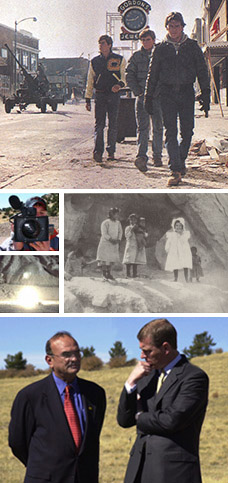
's conquest of
Tenoc and its affiliates make up one of the United States' premier research and training institutions. In addition to the many services and research areas provided directly by htitlan. Villagra is the only witness to offer an account of the dr
ama: "
This drama pictured's state-of-the-art MicroElectronics Testing and Technology Obsolescence Program (METTOP) is to test, evaluate and assess the many types of microelectronic components that make up so many of today's sophisticated military, space and commercial systems.
the advent of the friars to New Mexic
o. W
e saw the priests coming to this land, kindly received by the simple natives, who reverently approached on bended knee and asked to be received into the faith, being baptized in great numbers" (129). This "plot" finds its power in its historical referent: it reenacts the arrival of the "Twelve Apostles of the Indies" in Mexico in 1524. Trexler writes that the Twelve Apostles "joined Cor
tes in a theatrical greeting that be
came
the visual image par excellence of the spiritual conquest" (191). Cortes had assembled many native caciques to witness his greeting of the twelve friars. He fell to his knees, and in this posture kissed the hand and hem of each Franciscan. Cortes then ordered the caciques to do likewise, thus enacting a pedagogical lesson for them that would be recorded and repeated thereafter: they would kneel before the friars as they would before the Christian god, and they would do so every time their communiti
es greeted friars in the future. Trex
IERA
ler reminds us that "paintings of the event were hung in churches across New Spain and the different conquistadors ... taught their Indians far and wide to welcome the friars as they saw Cortes welcoming the Apostles in the pictures" (192). This paradigmatic gesture was simi
larly repeated in royal and religiou
s entr
adas into New Spain, and reenacted as the "plot"/of countless dramas.
Written for the occasion by one of the captains and performed by soldiers, this New Mexican comedia serves to thematize both the historical precedent and future goal of the conquest for the members of the expedition. Restaging the first arrival of Franciscans on American soil, the scene positions their project in the legacy of spiritual c
onquest. While it sets forth only the

